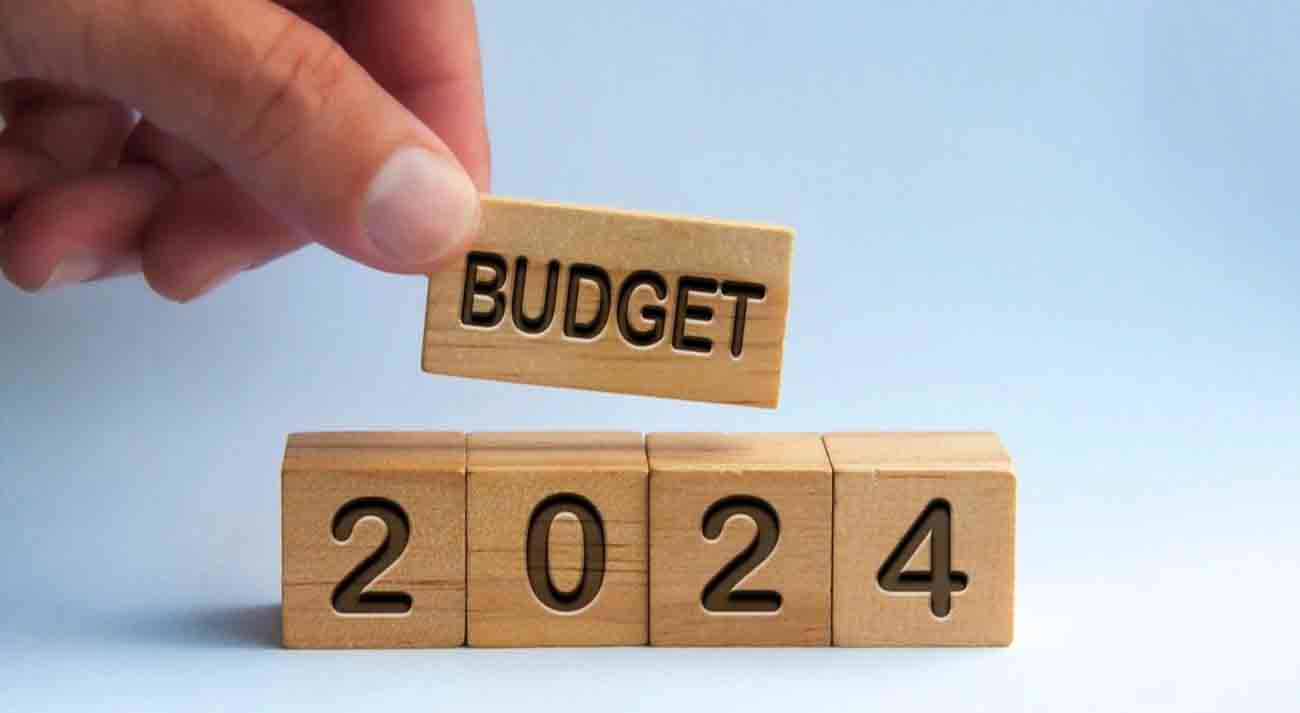
The proposals are being considered after the International Monetary Fund (IMF) advised Pakistan to gradually eliminate tax exemptions worth billions of rupees.
Further recommendations in the budget include imposing withholding taxes on the supply of commercial importers' imported goods. The government has directed to initially keep the rate of withholding tax at 1 to 4 percent, sources said.
According to government sources, it is also expected to impose withholding taxes on the supplied income goods of commercial importers in the budget for the upcoming fiscal year. Previously, advance taxes were collected on commercial incomes.
The sources said that a recommendation would be made in the budget to impose taxes on imported tractors and other machinery, while there is a possibility of ending tax exemptions on general tractors and pesticides.
With the end of tax exemptions on the agricultural sector in the upcoming fiscal year, a revenue of Rs30 billion is anticipated. The agricultural cost is expected to increase further with the end of tax exemptions on tractors and pesticides. In the current fiscal year, tractors and pesticides are exempt from sales tax, the sources said.
Meanwhile, the Federal Board of Revenue’s (FBR) decided to block the mobile SIMs of 506,671 individuals who failed to file their tax returns for 2023 as a penalty. The decision is being considered as a controversial move has been opposed by the telecom operators. The FBR is aimed to expand the tax net and improve tax collection instead of introducing systemic reforms based on best international practices.
On April 1, the board launched a mandatory tax registration scheme for retailers and wholesalers in six big cities as part of bring reforms in the tax system.
Tax collections advanced by just 4 per cent in real terms — adjusted for inflation — during five years from FY18 to FY23 at an annual average of just 0.81pc. Pakistan’s tax-to-GDP ratio fell from 10.4pc in 2017-18 to 8.5pc in 2022-23, far below the Asia and Pacific average of 19.8pc.

